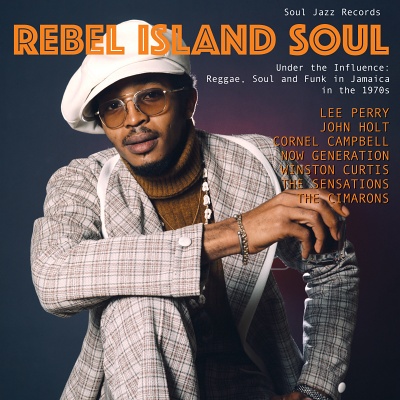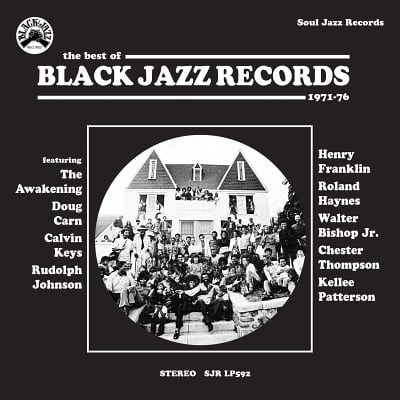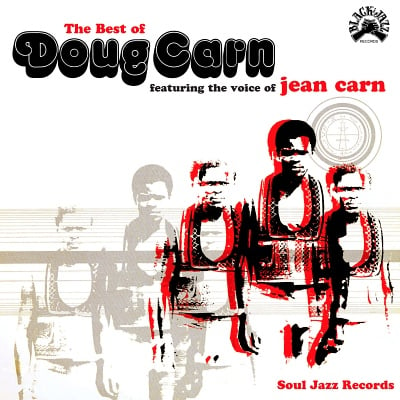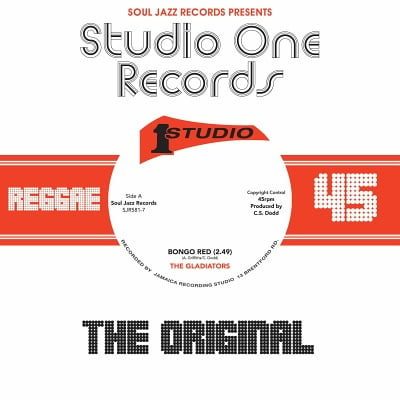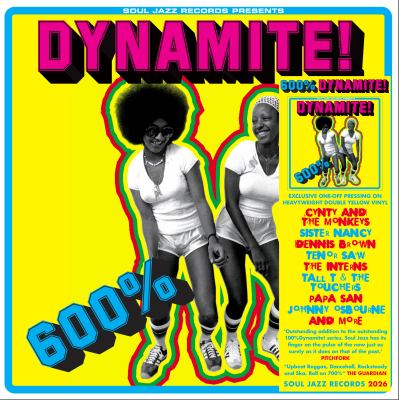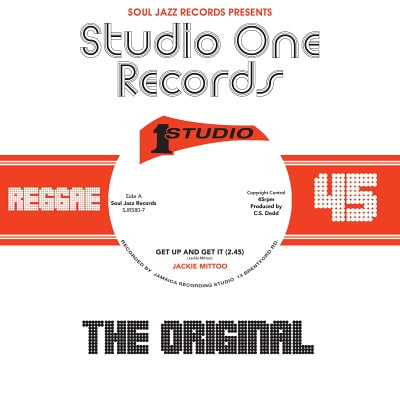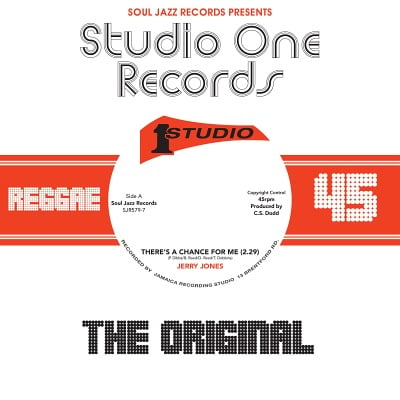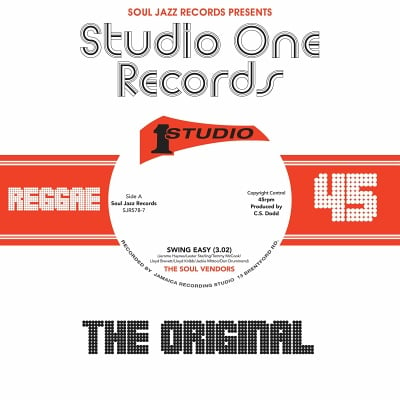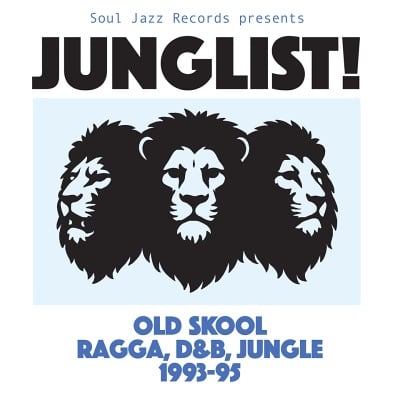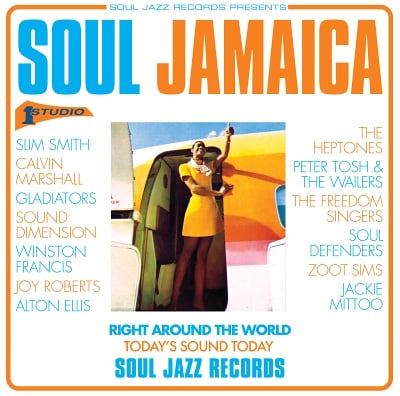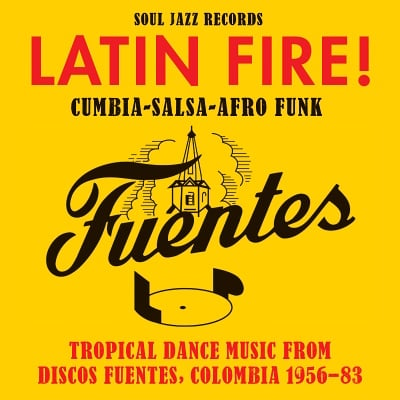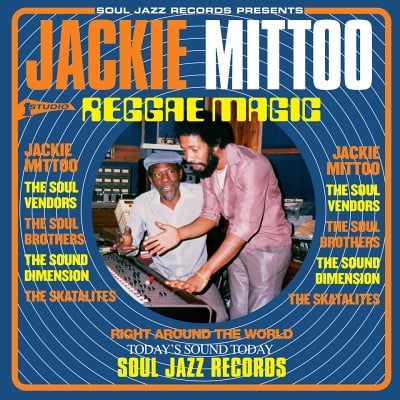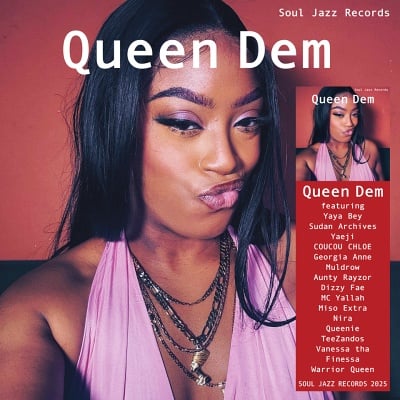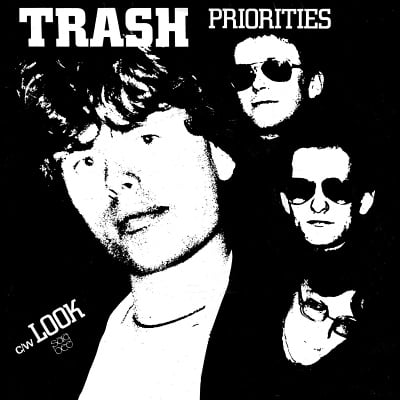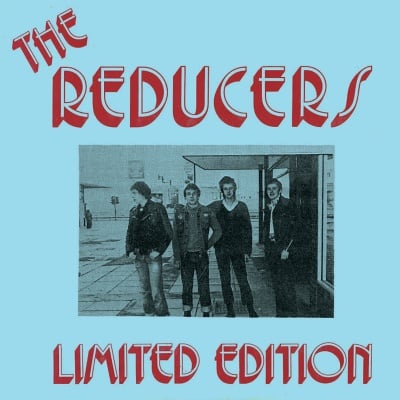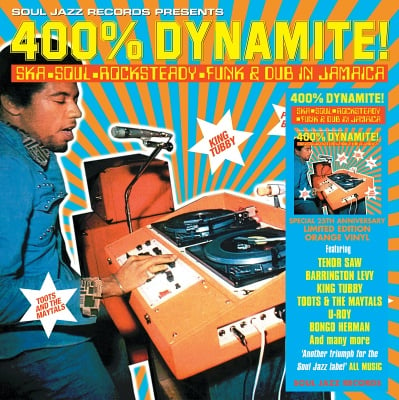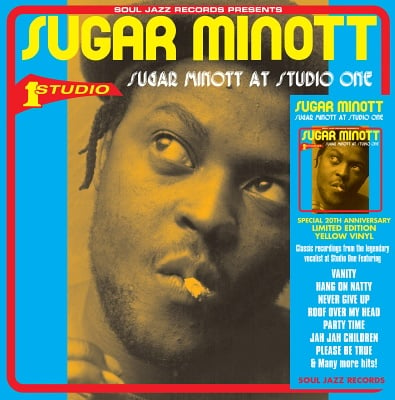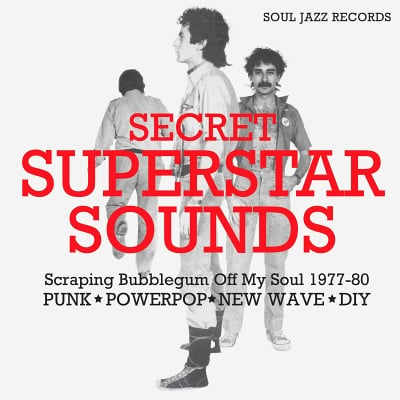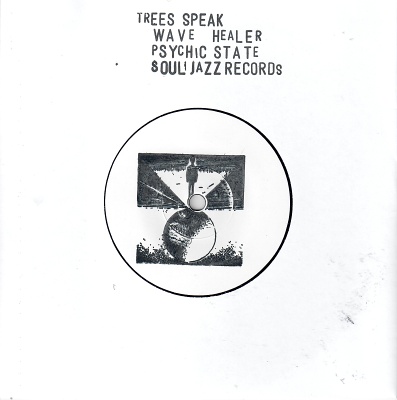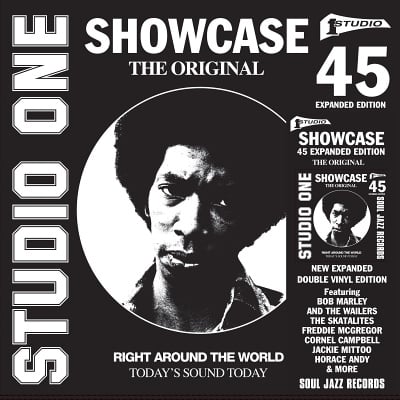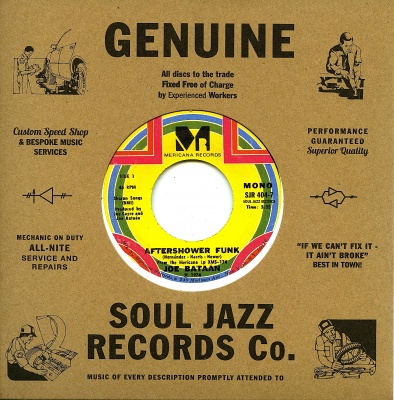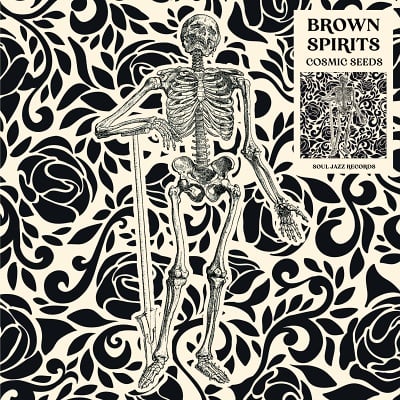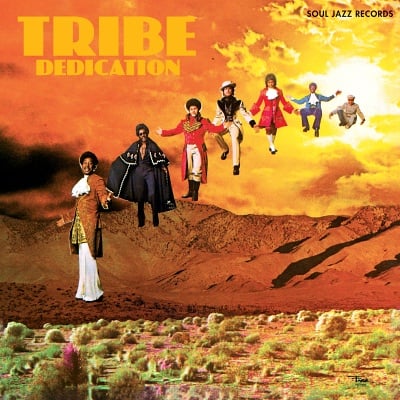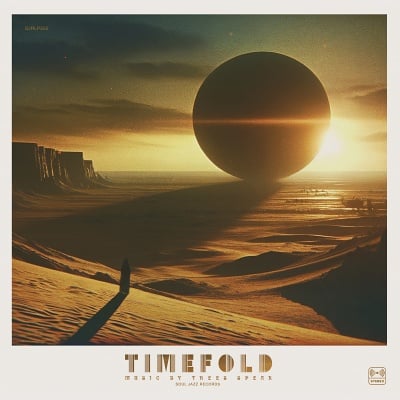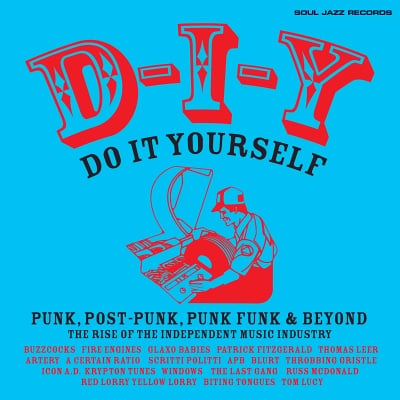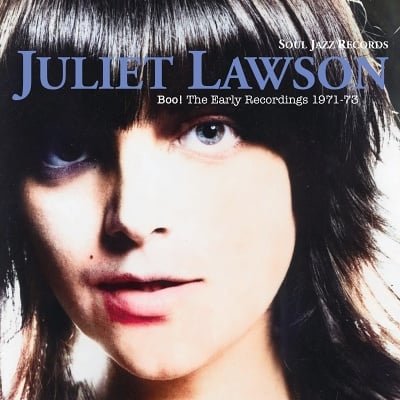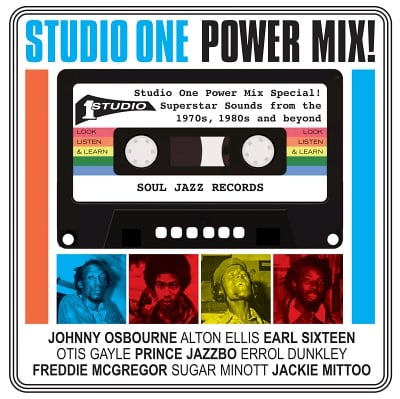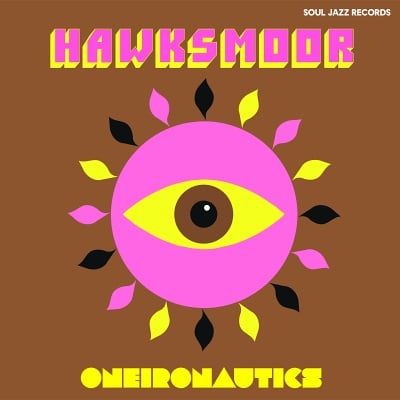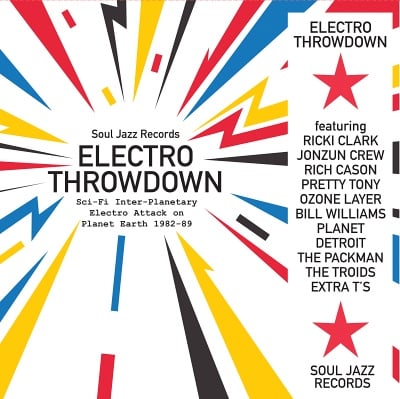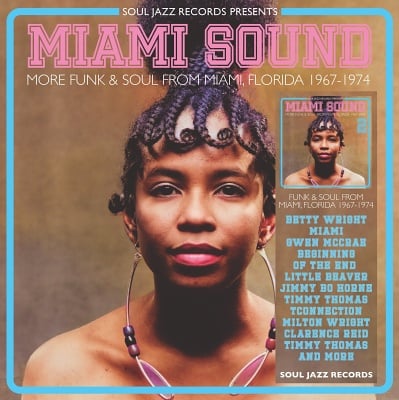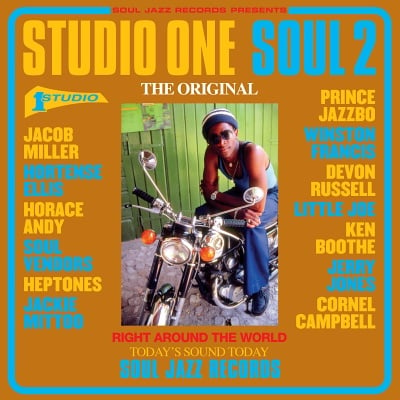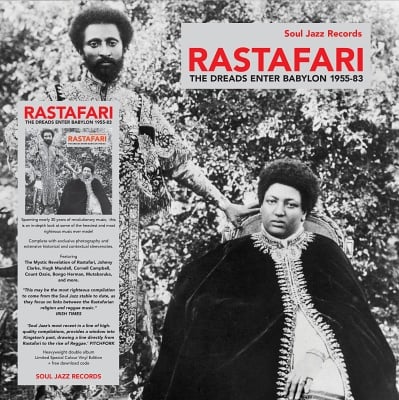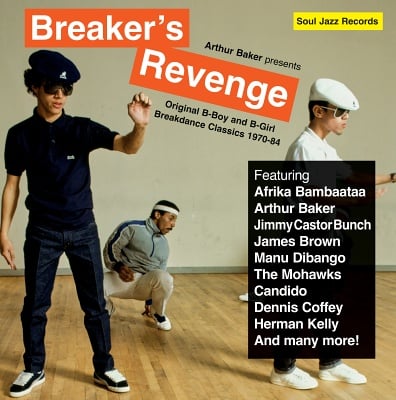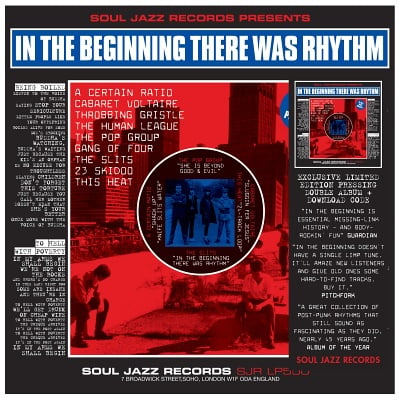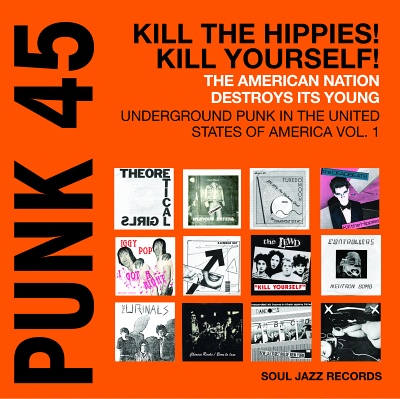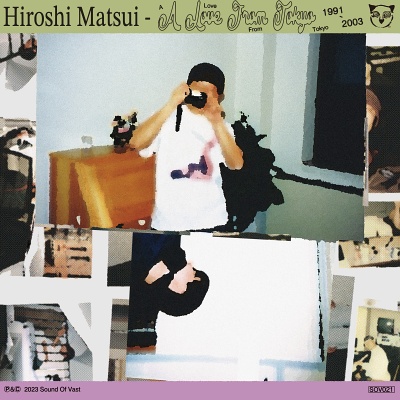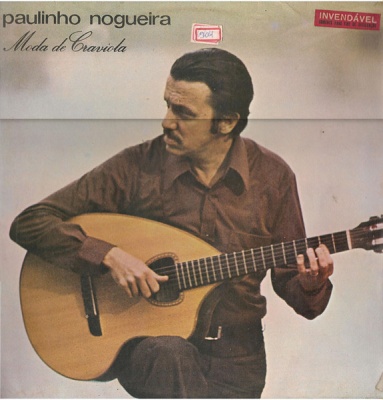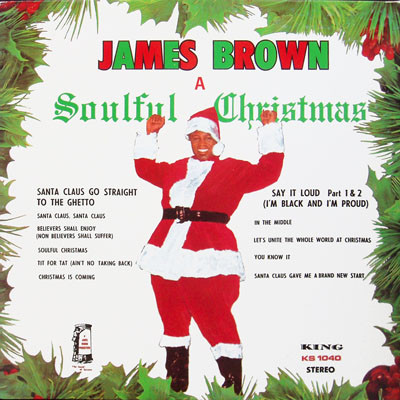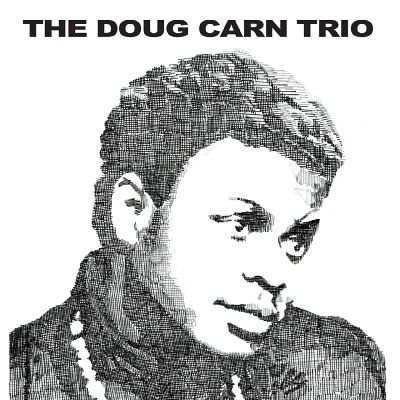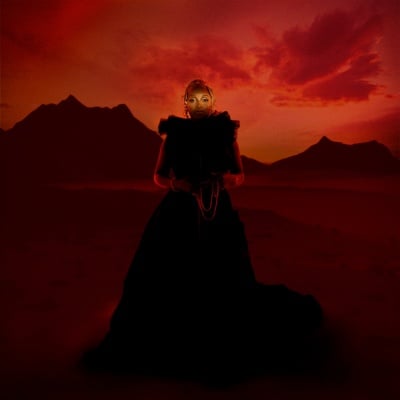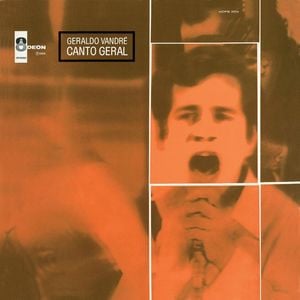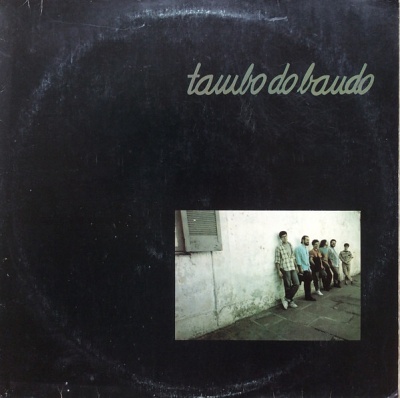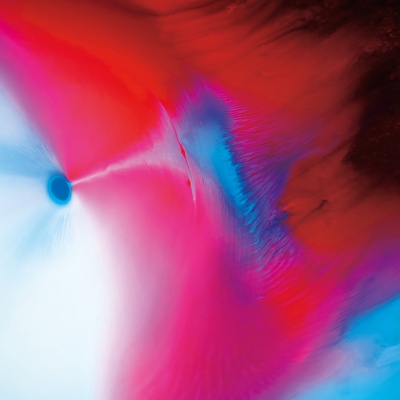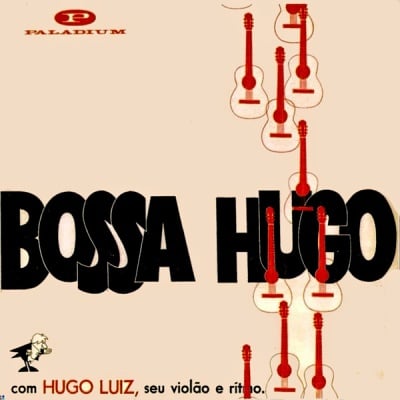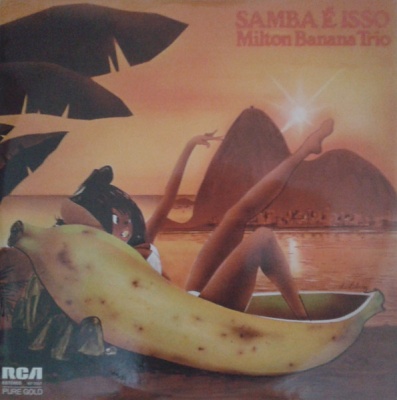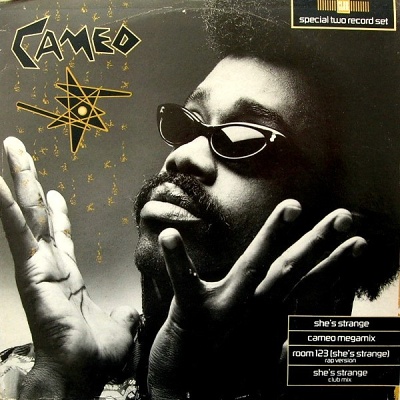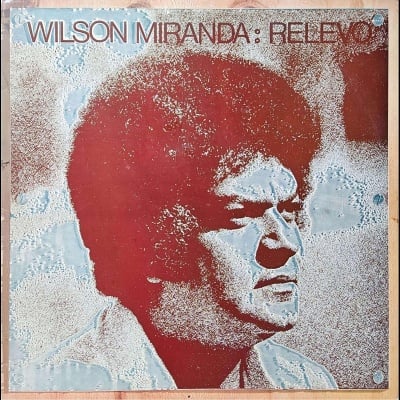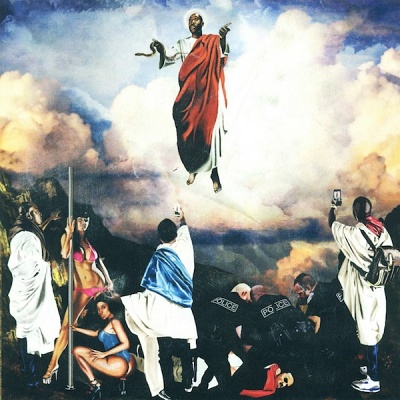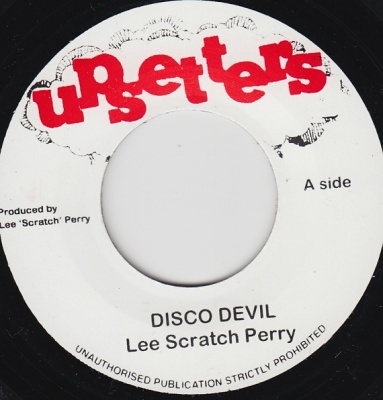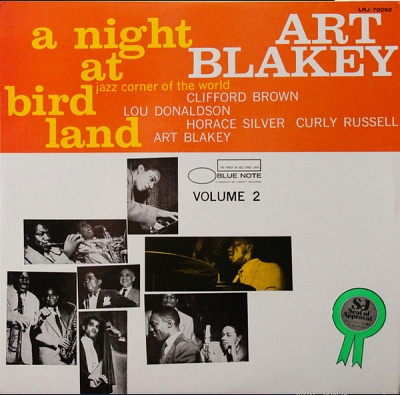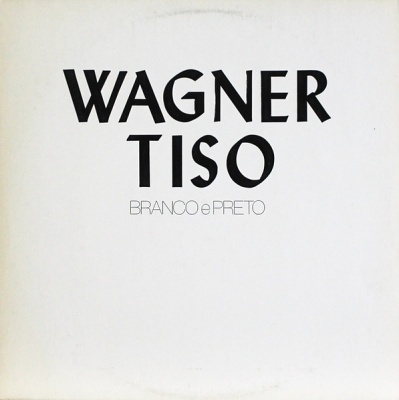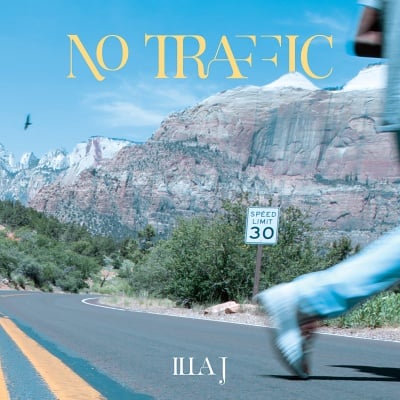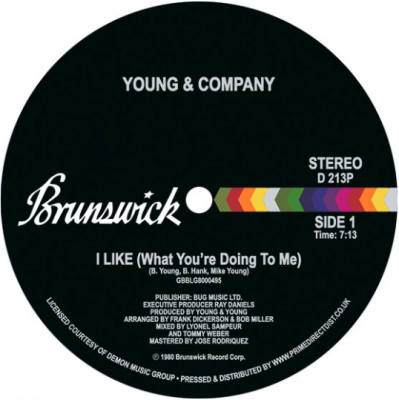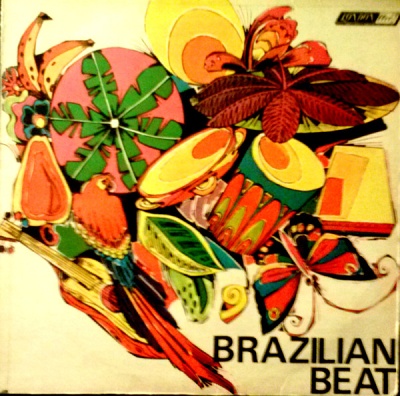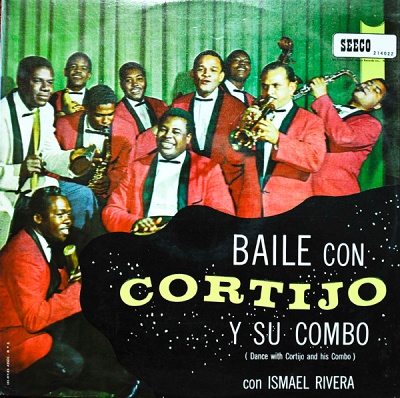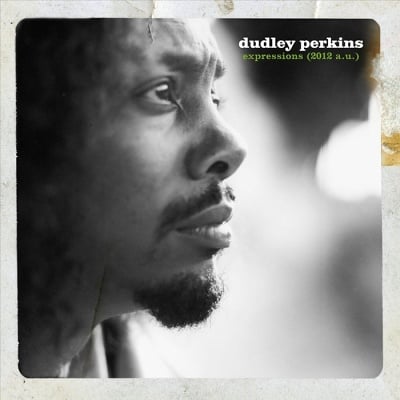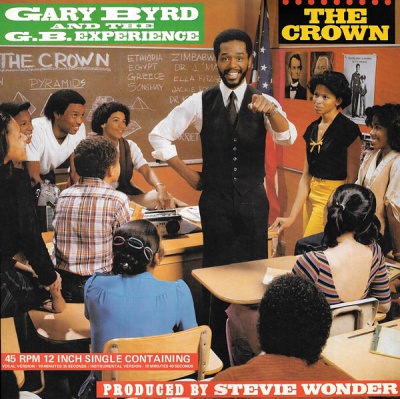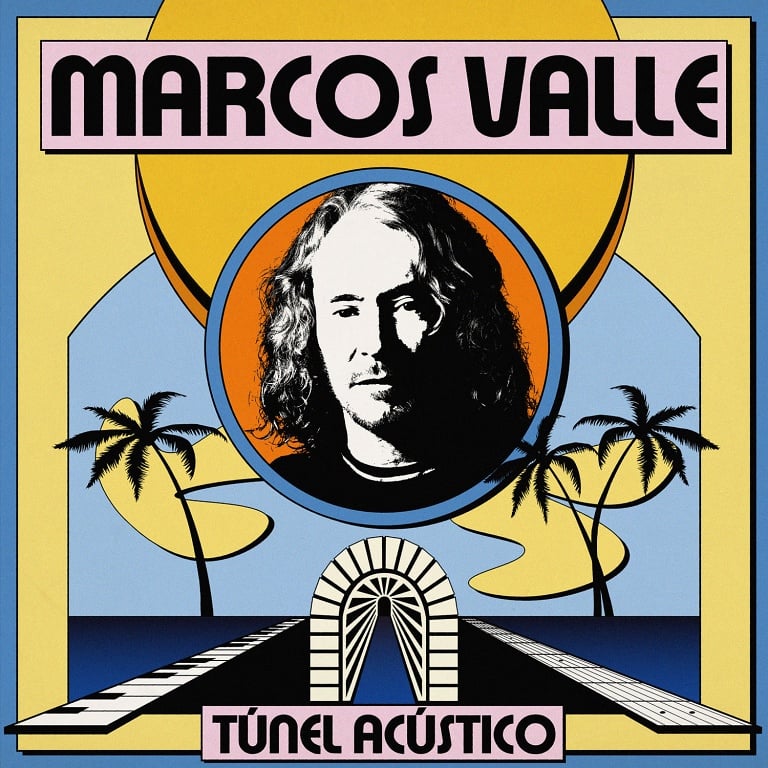
- New LP (Coloured Vinyl) FARO246LP£20.99Out of stock Notify me when in stock
- CD FARO246CD£10.99Out of stock Notify me when in stock
- Marcos Valle – Life Is What It Is
- Marcos Valle – Assim Não Dá
- Marcos Valle – Bora Meu Bem
- Marcos Valle – Túnel Acústico
- Marcos Valle – Feels So Good
- Marcos Valle – Não Sei
- Marcos Valle – Palavras Tão Gentis
- Marcos Valle – Thank You Burt (For Bacharach)
With his twenty-third studio album Túnel Acustico, Valle set out to bring it all together.
A prominent feature of Valle’s career has been his dual residence between Brazil and the USA. Originally moving over in the mid-sixties on the back of bossa nova’s international proliferation, Valle toured with Sergio Mendes and became hugely in demand as a composer and arranger. But the Vietnam War loomed and the threat of being drafted saw him return to Brazil. He spent the following years in Rio writing music for TV and film, as well as four cult favourite albums in collaboration with some of Brazil’s most groundbreaking musicians including Milton Nascimento, Azymuth, Som Imaginario and O Terco.
By 1975, Brazil's military dictatorship was at its most oppressive, making living and working increasingly difficult. Valle moved back to the US where he would reside in LA, writing songs for, and collaborating with the likes of Eumir Deodato, Airto Moreira, Chicago, Sarah Vaughn and Leon Ware, amongst others.
Túnel Acústico features two songs originally conceived during Valle’s time on the West Coast: “Feels So Good”, a stirring two-step soul triumph written in 1979 with soul icon Leon Ware, and the sublime AOR disco track “Life Is What It Is”, composed around the same time, with percussionist Laudir De Oliveira from the group Chicago.
Built around an unfinished demo Marcos found on a shelf in his house 44 years after it was made, the “Feels So Good” demo was restored with the help of producer Daniel Maunick, who also utilised AI stem-separation to remove the placeholder vocal ad-libs. Valle added Portuguese lyrics to sit alongside Ware’s vocal hook, as well as extra keyboards and percussion.
